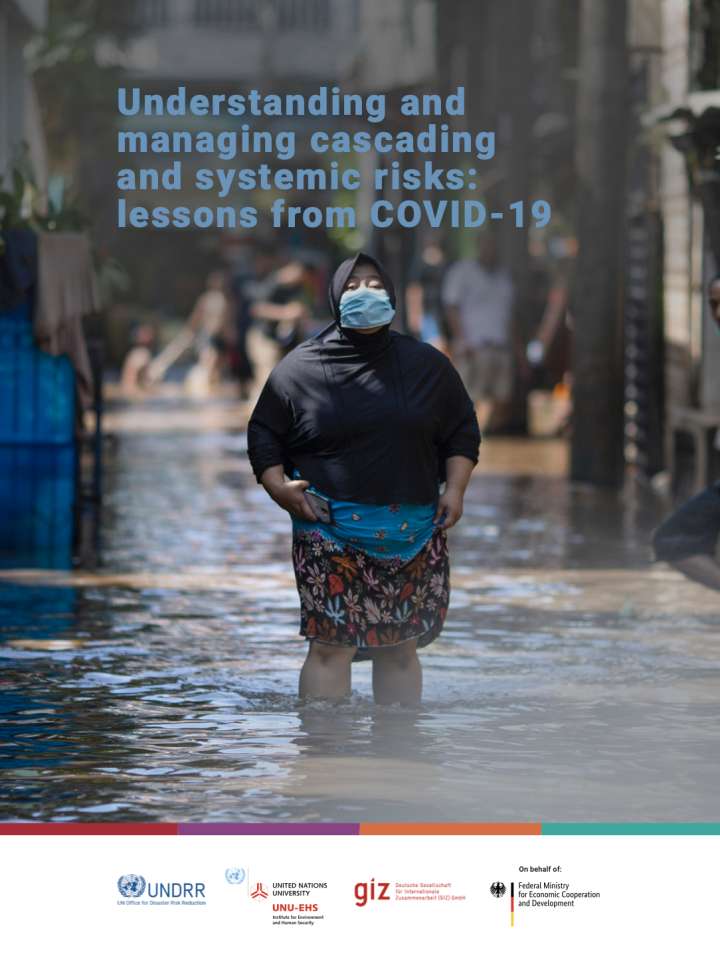Understanding and managing cascading and systemic risks: Lessons from COVID-19
The analysis of the COVID-19 crisis through multiple case studies unveiled complex and multi-faceted webs of cascading and systemic risks and impacts. Key in the analysis is the characterization of the network and system structure, and network dynamics. Informed by the case studies, expert consultation and literature review, the CARICO conceptual model is a tool to systematize, visualize and explore the most relevant characteristics, connections and cascading effects as they emerged from the case studies analyses.
It provides a generalized understanding of the risks associated with COVID-19 from a systemic perspective. Six cross-cutting findings are highlighted from the case studies in this report:
- COVID-19 interventions had clear cascading effects throughout nearly all of society;
- COVID-19 and accompanying interventions reinforce pre-existing vulnerabilities;
- COVID-19 has demonstrated that the dependence on global networks has impacts at the local level;
- COVID-19 and accompanying interventions have distinct impacts on women and girls;
- COVID-19 and accompanying interventions have severe effects on the education system that will only become apparent over time; and
- COVID-19 risk communication and coordination has been a significant challenge for state and non-state actors across all scales.
